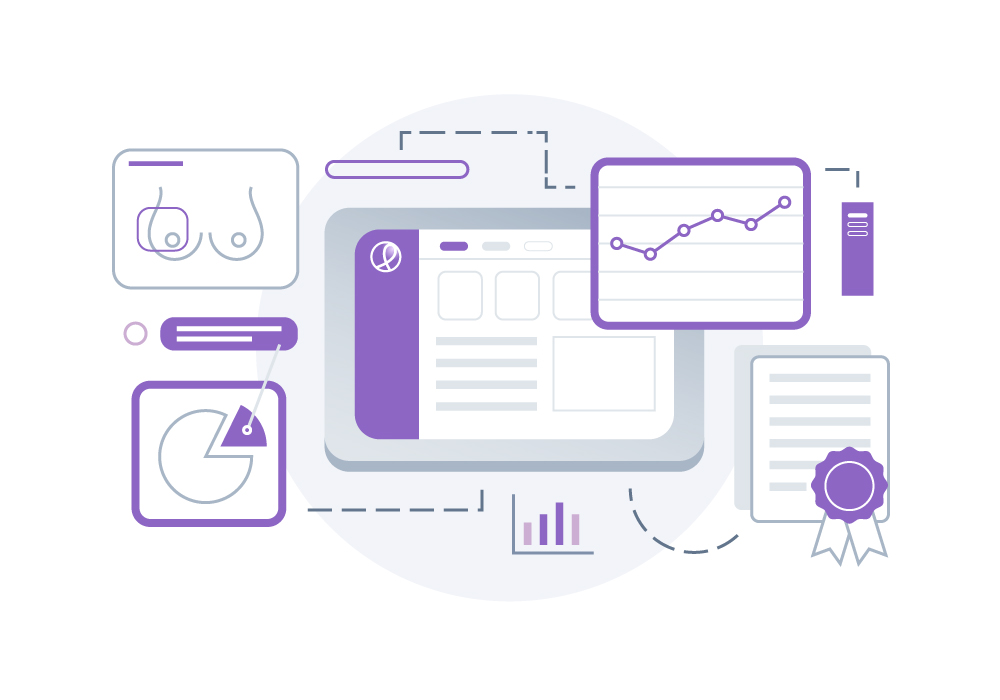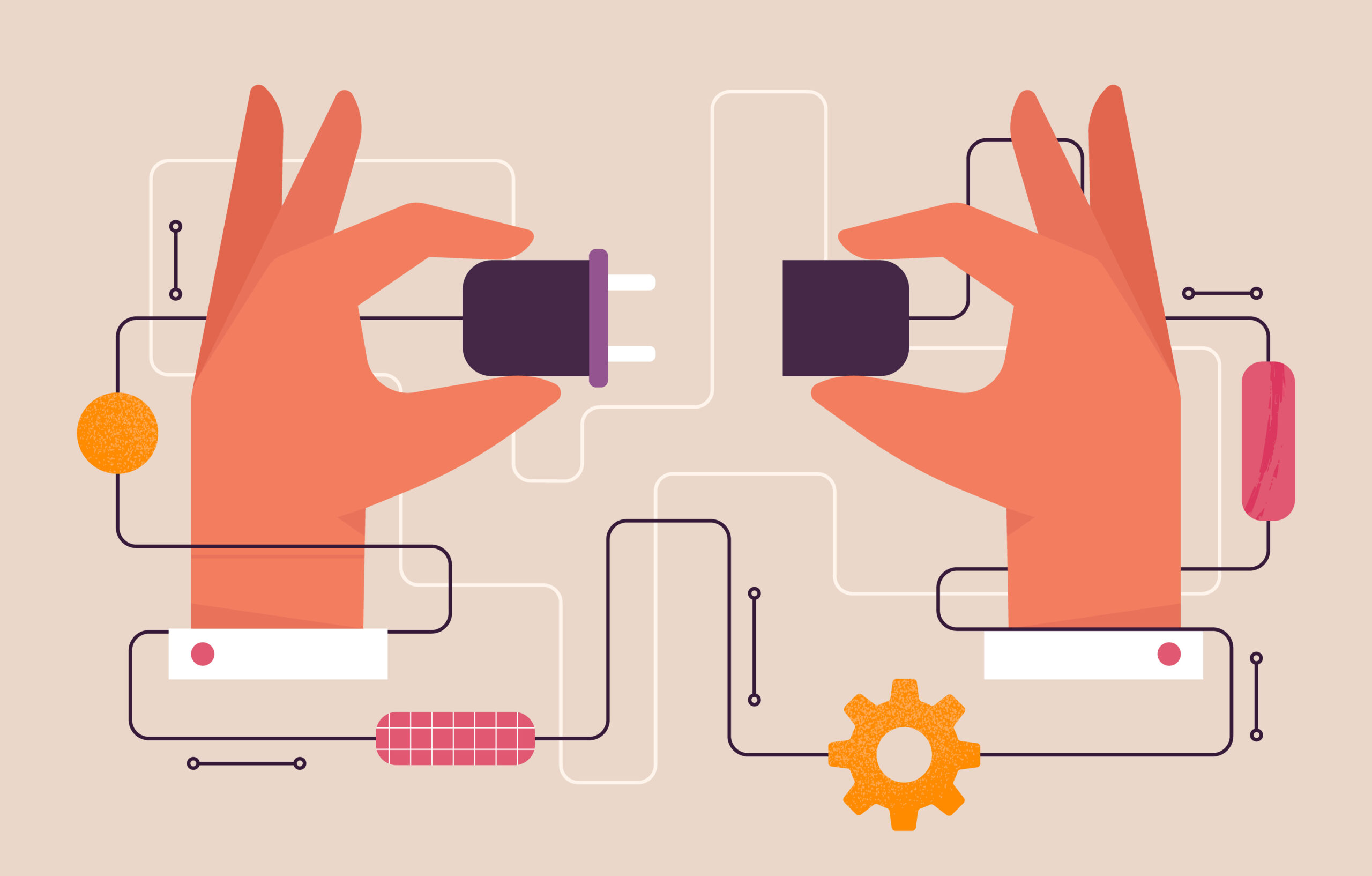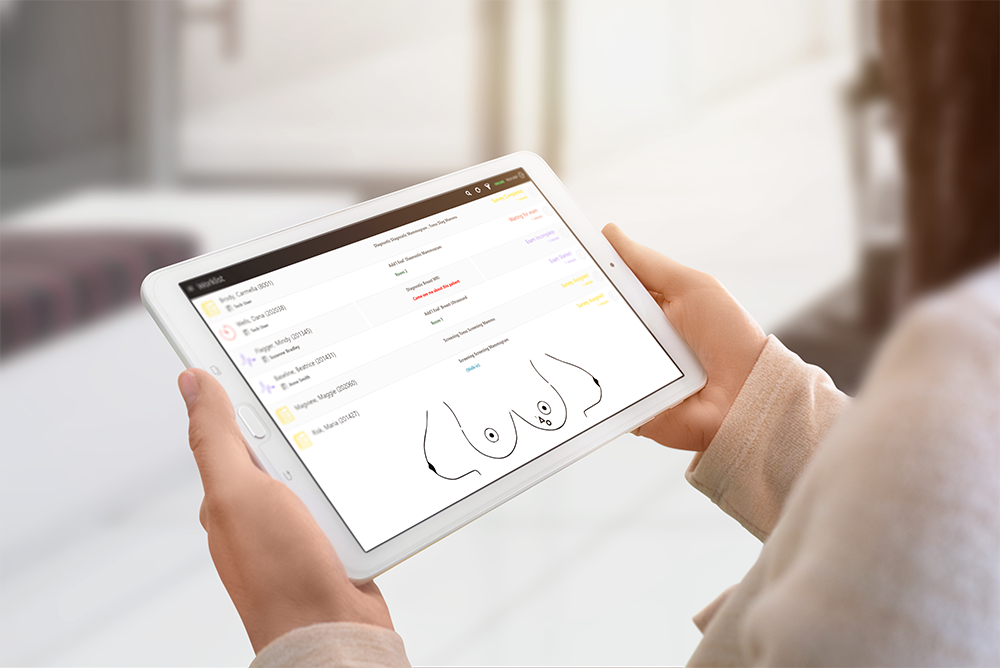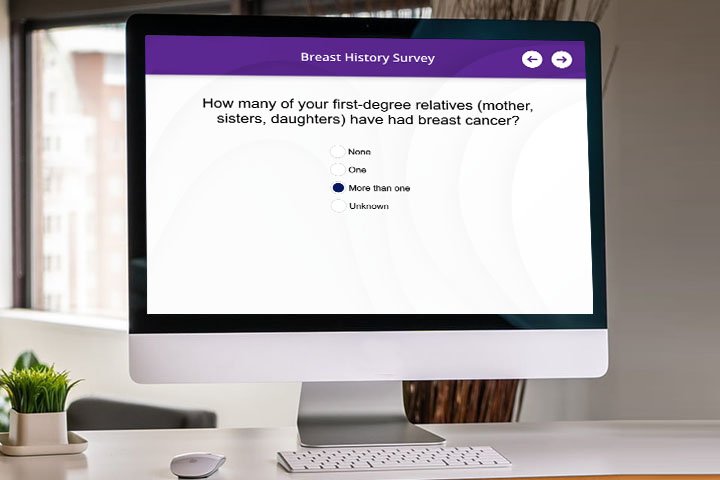In this article, we want to shine a spotlight on birth control: the types of birth control, birth control benefits and risks, birth control myths and facts, and everything else having to do with birth control 101.
Read on to get more in-depth information and discover all you need to know about birth control.
What is birth control?
According to womenshealth.gov, birth control is “any method, medicine, or device used to prevent pregnancy.” Luckily today, women can choose from many different types of birth control.
If you are curious about other gynecological or female health topics, we have your top questions for the gynecologist answered here.
Types of birth control
There are many types of birth control for both females and males. Here are the key types of birth control listed on the planned parenthood website with links to more information:
- Birth control pill
- Birth control patch
- Condom
- Birth control implant
- IUD
- Birth control shot
- Birth control vaginal ring
- Internal condom
- Diaphragm
- Birth control sponge
- Cervical cap
- Spermicide
- Breastfeeding
- Fertility awareness
- Outercourse and abstinence
- Withdrawal (pull out method)
Types of permanent birth control methods
Permanent birth control is highly effective and can provide permanent prevention against pregnancy. The two main types of permanent birth control are:
Tubal ligation
A surgical procedure when a woman’s fallopian tubes are tied, preventing the release of an egg.
Vasectomy
A surgical procedure where a male’s vas deferens is either tied or cut, so sperm can no longer get into the semen.
What type of birth control is best for me?
The type of birth control you use will depend on multiple factors, such as:
- How effective you want the birth control to be
- The state of your health
- The need to prevent against STIs (sexually transmitted infections)
- Your desire to have children now or in the future.
- Your comfort level in using a particular method
- The side effects of a particular type of birth control
Planned parenthood has a free quiz on their website that you can take to assess which of these methods above could be right for you. Bear in mind, though, that before choosing the non-prescriptive birth control route, you should always consult with your doctor or gynecologist before making a decision.
Birth control benefits and risks
Here are some of the most important benefits of birth control:
Prevents pregnancy
This is perhaps the most common reason why women use birth control—to prevent unwanted pregnancy. Each woman may have different reasons for preventing pregnancy whether they feel too young to start a family, they feel their family is complete, or for an array of other reasons.
Helps regulate the menstrual cycle
Using hormonal birth control methods can help regulate a woman’s menstrual cycle from intense pain from cramping to irregular or heavy bleeding to relief from polycystic ovarian syndrome (PCOS) symptoms and PMS symptoms. Birth control can also prevent anemia resulting from too much blood loss during menstruation.
Reduces the risk of certain types of cancer
Women who take combination birth control pills are 50 percent less likely to develop endometrial cancer, even long after they’ve stopped taking the pill. Combination birth control also reduces your risk of developing ovarian cancer and colorectal cancer.
Prevents against STIs
Two types of birth control can prevent against STIs: regular condoms (for males) and internal condoms (for females). The biggest ways STIs spread is through contact of bodily fluids and condoms provide a barrier method that stops this from occurring.
Long-term risks of birth control
For most individuals, taking birth control and/or using contraceptives for a long period does not cause any significant problems. Be sure to always consult with your doctor on the risks different methods of birth control may pose to you.
The American Cancer Society found that people taking birth control have a slightly higher chance of developing cervical and breast cancer. However, those rates were shown to decrease once the individual had stopped taking the pill for 10 or more years.
Birth control pill
Chances are, the birth control pill is the birth control method you are most familiar with. This is because it is introduced to most sex education and health classes.
The birth control pill does not come in a one-size-fits-all format. There are many different types of birth control pills out there, and each will affect an individual woman’s body differently.
The birth control pill (or oral contraceptives) can be classified into two groups:
- Combination pills (contain both estrogen and progesterone)
- Progestin-only pills (do not contain any estrogen)
Discuss what type of pill and which distributor will work best for your needs with your doctor so you can take the best contraceptive for you.
Birth control myths and facts
Here are some common myths perpetuated about birth control and the facts to back them up:
Myth #1:
Using birth control can hurt my chances of becoming pregnant later.
Fact #1:
There has not been any connection found between taking the pill and infertility. Fertility can reappear quite quickly after stopping the use of birth control, which is why it is important to stay consistent in taking it.
Myth #2:
The pill makes you gain weight
Fact #2:
While birth control can have different effects on individual women, researchers have found no credible link between using hormonal birth control and gaining weight.
Myth #3:
Birth control will mess up my hormone levels
Fact #3:
Birth control can help to balance out your hormones. If you are particularly concerned about hormones though, try speaking with your doctor about a low-dose hormone contraceptive.
Myth #4:
IUDs cause Pelvic Inflammatory Disease
Fact #4:
IUDs do not cause of Pelvic Inflammatory Disease, and PID only occurs in 1 percent of women who have an IUD.
We hope this birth control 101 information has been helpful to you. Now that you know about birth control risks, types, and benefits, check-in with your doctor or gynecologist if you have further questions about it. Also, be sure to read important women’s health screenings by age, which includes when you should have a pap smear exam.
If you’re specifically interested in MagView’s software for mammography, contact us here.

















![monitoring breast density shutterstock_1299510538-[Converted]](https://magview.com/wp-content/uploads/2023/05/shutterstock_1299510538-Converted.jpg)






























